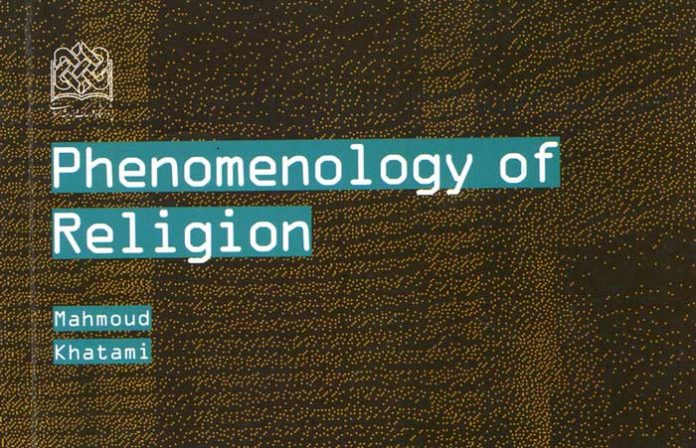Phenomenology of Religion is one of the most important paradigms in the contemporary academic study of religions. The objective of this book is to supply a concise but comprehensive introduction to the phenomenology of religion from a meta-theoretical point of view. To this end, the classic vision of phenomenology of religion whose development based on the works of Husserl, Scheler, and Van der Leeuw, is distinguished here from its hermeneutic one whose development based on the works of Heidegger, Ricoeur and Bakhtin.
The first version is adopted as a method in religious studies aiming to reach an objective, empathetic understanding of world religions. This aim, however, is critiqued by the hermeneutic version and brought into question from the perspective of postmodernism which argues for historically contingency of the understanding of religion.
The contrast between the classic and hermeneutic versions of phenomenology of religion implies an important recapitulation of a distinction between the philosophy of subjective consciousness and the philosophy of sign. The former tradition which in its special sense developed in modernity became fundamental in Husserl’s idea of phenomenology and echoed in classic version of the phenomenology of religion which followed Husserlian assumption of the transcendental “I” as the absolute ground of certainty. On contrary, the philosophy of sign which specially developed through postmodern tendencies critiqued the former tradition from the perspective of historical/social contingency and the “I” as “I-in-relation-to-other”.
This moving from subjectivity to communication, from consciousness to sign influenced the phenomenology of religion itself. It argues for the demise of the historical philosophy of the subjectivist consciousness within the academic study of religions in favor of historically contingent philosophy of sign.
This book does not present any theory of religion; its ambition is merely redirection and integration of the diverse and various aspects of contemporary phenomenology or religion. Without understanding the force and importance of phenomenology of religion, this book offers no special support in favor of contemporary phenomenology of religion (whether modern or postmodern) so much as it wishes to present a clear illustration of phenomenology of religion. It starts with two preliminary chapters; through a rapid review of contemporary approaches and methods of academic study of religions (chapter 1), and historical backgrounds of phenomenology of religion (chapter 2), the direct encounter with phenomenology of religion in which the main parameters of its classic version is developed can be found in chapter 3. The remainder of the book deals with its hermeneutic version and its implications (chapters 4 to 6). The phenomenological approach to the truth of religion is examined in chapter 7. The epilogue entails a few critical considerations on the concept of religion, religious studies and phenomenology in general.












